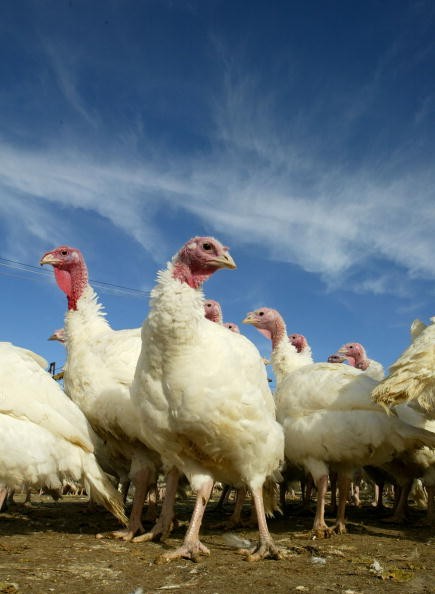
They may not be as cute as dogs, cats, birds, and hamsters, but many do buy or get poultry such as ducks and chickens as pets. Well, it turns out to be not a good idea.
A Salmonella outbreak is currently happening in more than 35 states, and so far, there have already been close to 200 reported cases, according to Centers for Disease Control and Prevention (CDC).
However, while Salmonella can be obtained by eating badly prepared, poorly cooked, or raw meat such as from poultry, CDC has also discovered that a good number of the victims had a very close contact with the carriers.
Based on their investigation, the victims were owners of chickens, ducks, or turkeys purchased from local farms and farmers' markets. They then raised these animals as food or as pet right in their own homes.
Further, they established a much closer physical contact with these animals, kissing, cuddling, or even hugging them like an owner would to a pet at least a week before they contracted the infection.
This does not mean homeowners cannot breed or raise these animals in their backyards. However, CDC strongly recommends taking precautionary measures to significantly reduce the risks or eliminate them. These include preventing children 5 years old and below from getting close, let alone touch these animals. Poultry should have a designated spot in the yard and should not come inside the house. Anyone who spends time around their area must wash their hands
Those who are planning to eat poultry should make sure the meat is thoroughly cleaned and prepared. They should be cooked properly, and any kitchen utensil or surface the poultry has come in contact with must be cleaned thoroughly.
Salmonella is the bacterium responsible for more than 15,000 admissions and close to 400 deaths in the U.S. The infection can lead to fever, abdominal cramps, and diarrhea so severe it can cause significant dehydration and shock.

